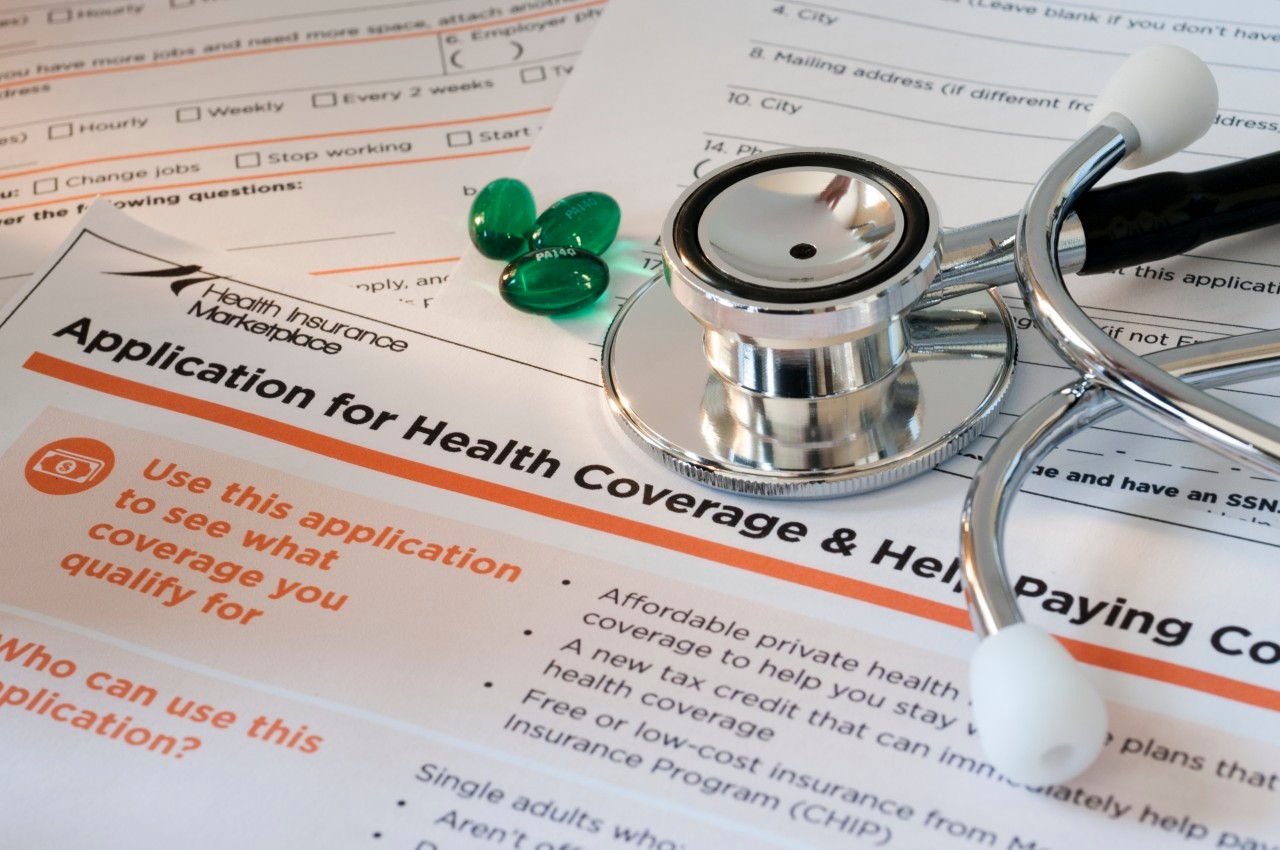
Do Company Wellness Plans Benefit Health? The Rules Are in Flux
Company wellness plans may benefit employee health, but the rules about how they are administered are in flux, and many people don’t choose to participate.

Company wellness plans may benefit employee health, but the rules about how they are administered are in flux, and many people don’t choose to participate.

The good news about individual health insurance: More people have qualified for help paying their premiums under a law that extends tax credits until 2025.

If you’re turning 65, you’ll begin to qualify for Medicare, federal government-sponsored healthcare. Here's how to sign up for Medicare , which can be confusing.

What is a high-deductible health plan? You'll pay out-of-pocket until your coverage kicks in. This plan may or may not save you money. Here's what you should know.

A preferred provider organization health insurance plan is one of the most common types of insurance. Here's what you should know about a PPO health insurance plan.

A health maintenance organization, or HMO, is a health plan that tends to have fewer expenses than other types of plans, but you may have fewer healthcare options.

A POS, or point-of-service, health insurance plan is a form of managed care (HMO) with more flexibility. Here's what you should know about POS health insurance.

What is EPO health insurance? This form of health insurance keeps your costs down, but with several caveats. Learn more about EPO health insurance here.

In-network healthcare is when your doctor has a contract with your health insurance plan to provide healthcare for established fees. Learn more here.

Your healthcare costs can add up quickly if your doctor doesn’t have a contract with your health insurance plan. Learn more about out-of-network care here.

An accountable care organization is a group of healthcare providers who form a network, hoping to provide better care at a lower price. Here's what you should know.

A health savings account works with a high-deductible health plan, designed to save you money for your healthcare expenses. Here's what you should know.

If you estimate your dental and medical expenses each year, you can save money from your paycheck in a flexible spending account. Here's what you should know.

A copayment, or copay, is a fee you pay each time you visit your doctor or have a prescription for medication filled at a pharmacy. Here's what you should know.

Is a high-deductible health plan right for you? Do your homework. High out-of-pocket costs can tend to force some people to put off care. Learn more.

Coinsurance is the cost of your share of a healthcare service that is covered by your insurance, after you meet your deductible. Here's what you should know.

A deductible is the fixed amount of money you pay each year toward your healthcare bills before your insurance plan kicks in. Here's what you should know.

A family deductible is how much your family has to pay before your health insurance coverage kicks in and pays all of your family's healthcare costs.

An explanation of benefits, or EOB, is a statement from your insurer that explains what your health insurance will cover for healthcare — and how much you will pay.

Out-of-pocket maximums, the most you will pay for healthcare in a typical year, are limits that help you control your healthcare spending. Learn more.

While the Affordable Care Act established 10 essential benefits, many plans don't pay for "non-essential benefits" like chiropractic. Here's what you should know.

Even with insurance, healthcare costs remain out of reach for many Americans. Many are putting off and even forgoing medical care. Here's what you should know.

Balance billing is a surprise medical bill, when your healthcare provider bills you for costs your insurance didn't cover. Here's what you should know.

COBRA, or continuation of health coverage, is a program that helps you keep your insurance after you leave or lose your job. Here's what you should know.

If your doctor leaves your health network, you need to know what to do. Do you need to find a new doctor? Can you still see your old doctor? Learn more.

An employee assistance program (EAP) is a service designed to help you through tough times that may be affecting your job performance. Learn more here.